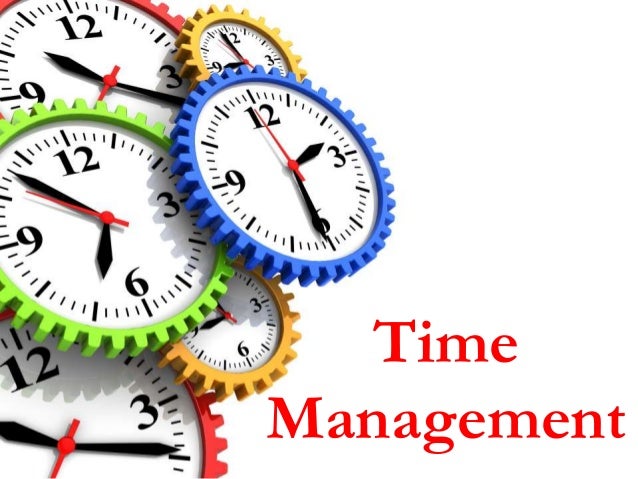
Management and staff should bear in mind that they alone can not perform all of the practice's responsibilities by themselves, and such tasks can not be performed at the same time.
For that reason management must use effective time management abilities and must also teach such abilities to personnel.
It is common that staff members feel a sense of seriousness to complete their tasks. This can be triggered by the worry of reprimand or generating the perception of bad efficiency by having uncompleted jobs. Some staff members experience considerable anxiety knowing they have multiple tasks waiting to be finished.
Management and personnel gain satisfaction by completing their jobs urgently as it helps them feel beneficial. This reinforces the need to work in an immediate way. Although this provides workers with a short-lived relief of stress, the perception of urgency produces more tension than what is alleviated after quickly finishing numerous tasks.
Employees ought to constantly keep a work-list of jobs that have to be done. During the day, jobs can manifest during the busiest of times and the employee might easily forget it if they do not compose it down. Workers would gain from carrying around a note pad so that they can make notes and pointers as the day advances.
A work-list should likewise be focused on.
Management and staff need to know the distinction between exactly what is very important and what is immediate, and should focus on accordingly. Organizing in this manner decreases stress as and eases anxiety as staff members will feel more confident that tasks will be finished when they have to be and that nothing will fail the cracks.
Staff members must focus on urgent matters however must make sure that important problems are addressed too, as important concerns that are not looked after will later end up being urgent.
To manage time on a broader perspective, managers ought to plan about Thirty Days ahead of time to guarantee that they are prepared for tasks or events in the future. Management ought to utilize a calendar and describe such while preparing.
Particular times must be set for certain jobs. i.e. Nurses ought to choose a time every day to return phone calls when they are the least hectic and can avoid interruption.
Personnel should interact to each other at times when they can not be disturbed.
For managers, the most efficient time management skill is delegation. If the staff members that a manager manages do well, it is reflective of their leaders.
Delegation likewise empowers personnel and includes them in the obstacles of the practice. They take more obligation and pride in their work and end up being more powerful employees.
When entrusting duties to employees, management ought to supply specific directions on what is to be done and need to monitor the staff member's progress on the task. Management must not micromanage the employee on tasks that were delegated as it defeats the function for the supervisor as it would not maximize whenever for them.
Management should lay out a "video game strategy" to personnel of what needs to be done that specific day. Many of all, management must offer support to personnel to enhance spirits prior to they start their work day.
In regards to help the physicians manage their schedule, management needs to guarantee that the service provider's schedules are reviewed and that there is a constant and smooth patient flow.
If the doctor is running behind, inform patients that there is a delay, and if the wait is incredibly long, offer the patient the option to reschedule. If the client waits too long, they will end up being extremely dissatisfied with the doctor's and practice's service.
At the end of each day, client's charts, who are being seen the next day, must be pulled and checked to guarantee that all importance of time management records and documents that the doctor will need for the consultation exist. This helps prevent hold-ups.
Management and staff gain satisfaction by completing their jobs urgently as it helps them feel useful. Throughout the day, jobs can manifest during the busiest of times and the staff member might easily forget about it if they do not write it down. For supervisors, the most efficient time management skill is delegation. Management needs to lay out a "game plan" to personnel of what needs to be done that specific day. Most of all, management should supply motivation to staff to enhance spirits before they start their work day.